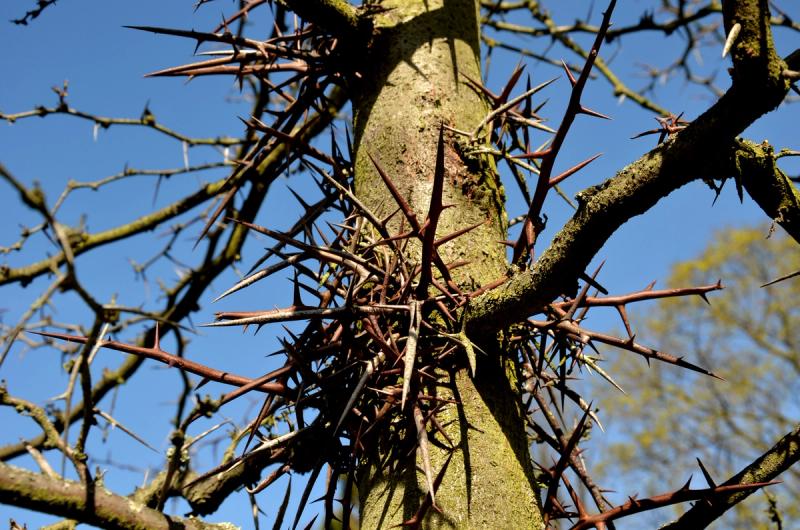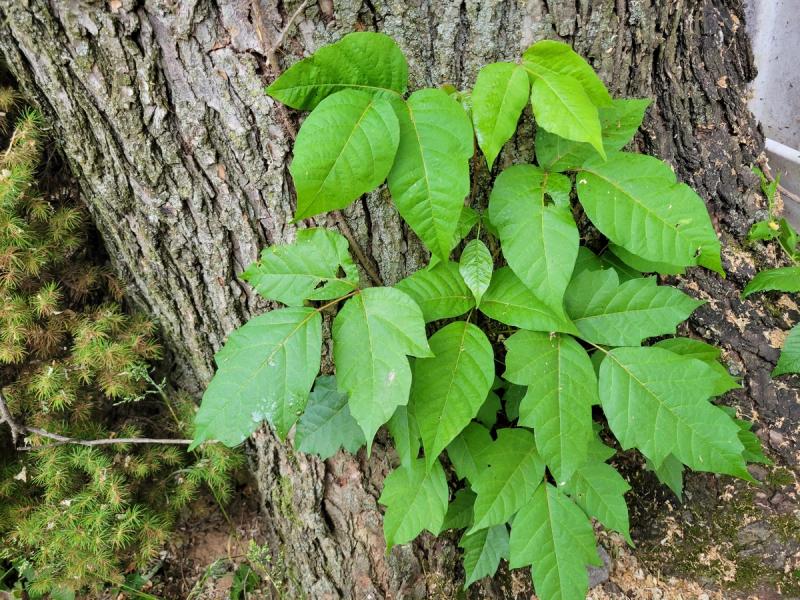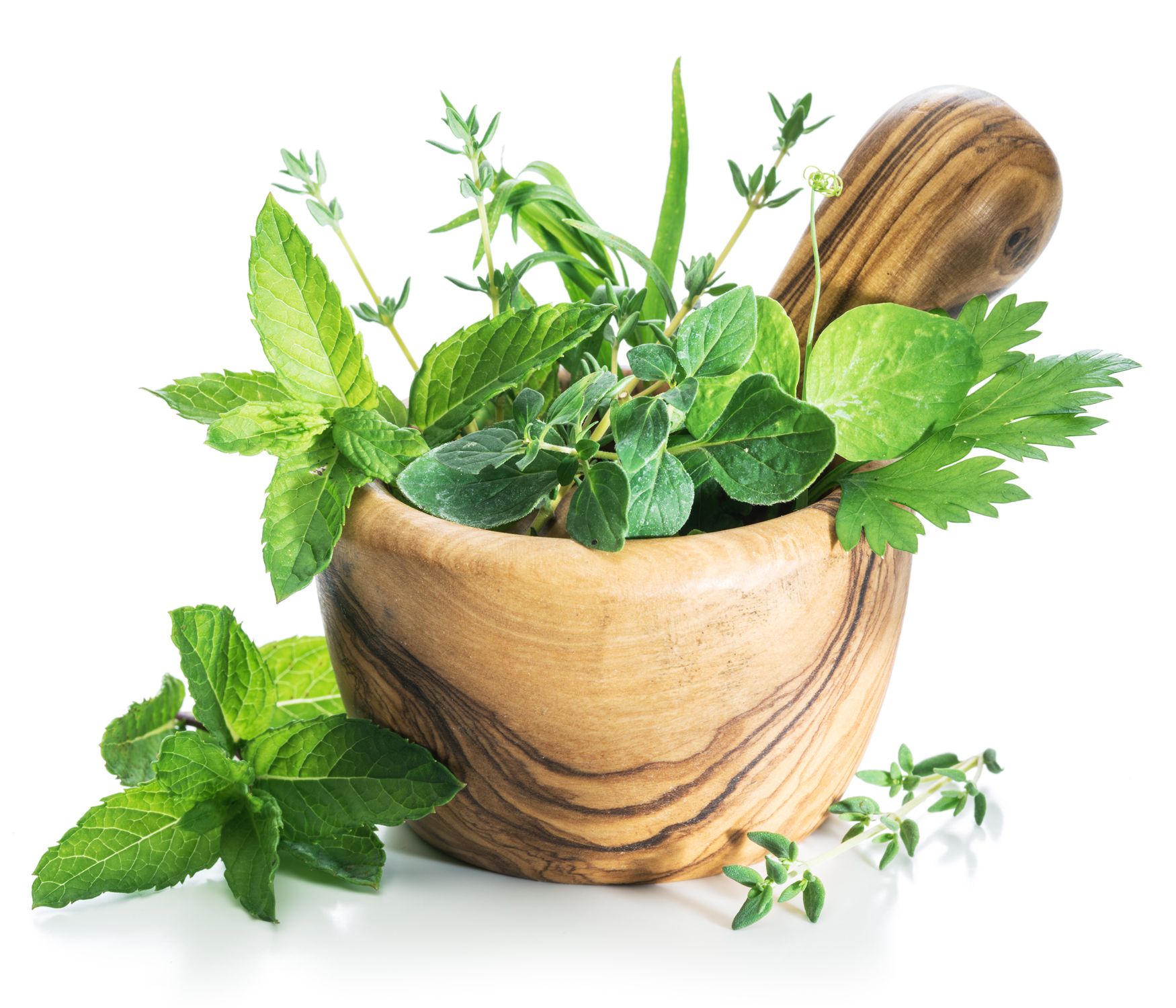How to Control Brush
Managing Kudzu, Poison Ivy and Black Locust


(Sponsored Content) — One of the great joys of living in a secluded area is learning to live in harmony with nature; we’re not in charge, we’re just trying to keep up. And that often includes controlling brush.
Brush species can grow fast, stealing your pastures, cropland and lawn. And the bigger it gets, the more of a fire hazard it becomes, and the more difficult it is to cut back. But brush also has its benefits. Birds, pollinators and other wildlife love it, and it can improve air quality and reduce soil erosion. So, it’s understandable if you want to keep some of that brush, but here are a few of the toughest species that you don’t want to get out of control.
Grandpa used to say black locust was “a bad tree with good wood.” The “good” was the wood itself, which is strong and rot resistant, and a cord of seasoned black locust wood has the same BTUs as a ton of anthracite coal. Grandpa probably didn’t know that statistic, but he knew what woods were best for burning.
What made it “a bad tree,” in Grandpa’s book, was that it’s toxic to horses. Just a half pound of leaves or bark can kill a horse. It also spreads fast, sprouting root suckers that quickly creep where you don’t want them. And every walk in the woods can remind you that those giant black locust thorns are sharp.
When black locust suckers start popping up in a pasture, it has to be dealt with. Grandpa killed it by any means he could find, but today we have brush killer for large property from Gordon’s. It kills the toughest listed brush, including black locust and honey suckle, and its concentrated formula is ideal for large properties.

OK, show of hands: Who loves cashews? How about pistachios?
Now who loves poison ivy?
Other than a few goats in the back, most of you put your hands down and are looking at me like I’m the nut. But here’s the thing: Poison ivy is closely related to the cashew and pistachio. The cashew nut’s thick shell contains urushiol, the compound in poison ivy that causes a rash. Pistachios have it, too, as do mangos.
The difference is cashews, pistachios and mangos are delicious, but poison ivy – not so much. Actually, that’s not entirely true, as deer, groundhogs and the aforementioned goats love it. So, poison ivy does have its place in the world, but it just makes us humans itch.
You can give the goats a poison ivy feast, but they don’t get damage the roots, so it might grow back. Brush killer for large property from Gordon’s kills tough listed weeds like poison ivy, poison oak and poison sumac, and the concentrated formula makes it excellent for those long fence rows and property lines.

Of course, if you’re in the South, you might have a bigger, faster problem: kudzu.
Stories of kudzu as “the vine that ate the South” are countless, and some of them are even true. Kudzu has been known to carry off livestock. Kudzu was seen riding a stolen jet ski up the Apalachicola River in Florida, and everyone knows kudzu has its own cheering section at most SEC football games.
Because kudzu grows fast – up to a foot each day – and can have a massive root system, the best way to control it is with a herbicide like brush killer for hard to kill brush from Gordon’s. Formulated specifically for tough brush like kudzu, mesquite and multiflora rose, it’s great for hedgerows, ditches and other non-crop areas.
Managing the brush that wants to take over your acreage is just part of life out in the country, and deciding what to control and what to let be is up to you. If you love it, leave it; If you want to keep it under some semblance of control, Gordon’s can help.
Tags:Garden & Landscape

Acreage Life is part of the Catalyst Communications Network publication family.















